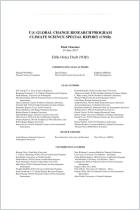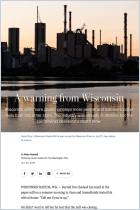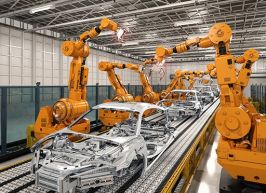Rejoignez getAbstract pour lire le résumé !

Rejoignez getAbstract pour lire le résumé !
Robinson Meyer
Why Dead Trees Are ‘the Hottest Commodity on the Planet’
Blame climate change, wildfires, hungry beetles … and Millennial home buyers.
The Atlantic, 2021
Aperçu
Climate change is hitting Canadian forests – and American pocketbooks.
Recommendation
The home improvement project you took on during the pandemic may have turned out to be more expensive than you expected. The reason: a sharp increase in the price of lumber from Canada in the wake of beetle attacks and forest fires. In this highly informative piece from The Atlantic, Robinson Meyer explains what’s behind this price hike – and why similar factors may cause other commodity prices to surge in the near future.
Summary
About the Author
Robinson Meyer is a staff writer at The Atlantic. He is the author of the newsletter The Weekly Planet, and a co-founder of the magazine’s COVID Tracking Project.


























Comment on this summary